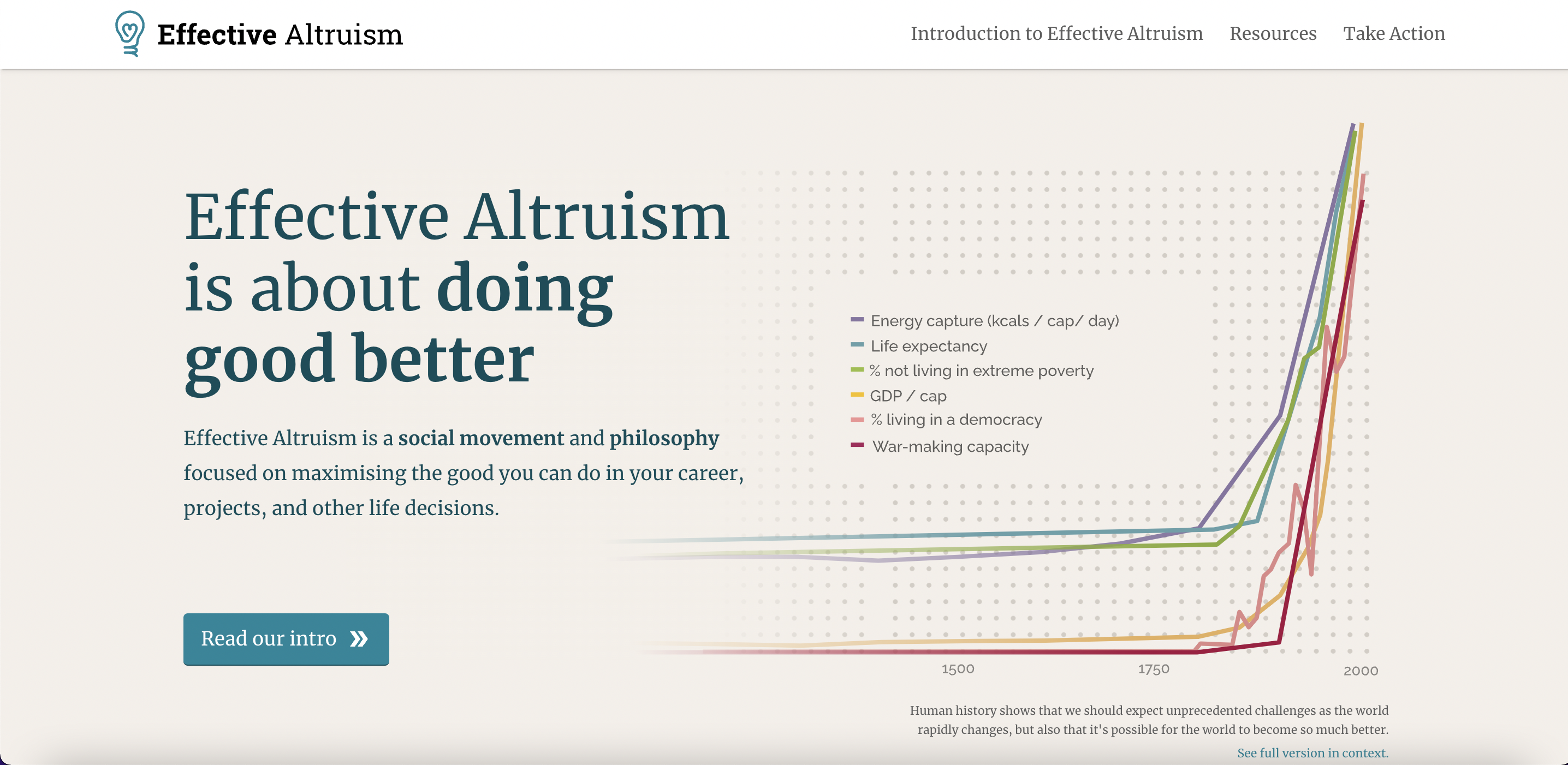Update, 12/7/21: As an experiment, we're trying out a longer-running Open Thread that isn't refreshed each month. We've set this thread to display new comments first by default, rather than high-karma comments.
If you're new to the EA Forum, consider using this thread to introduce yourself!
You could talk about how you found effective altruism, what causes you work on and care about, or personal details that aren't EA-related at all.
(You can also put this info into your Forum bio.)
If you have something to share that doesn't feel like a full post, add it here!
(You can also create a Shortform post.)
Open threads are also a place to share good news, big or small. See this post for ideas.






Hi, everyone, I'm Muireall. I recently put down some thoughts on weighing the longterm future (https://muireall.space/repugnant/). I suspect something like this has been brought up before, but I haven't been keeping up with writing on the topic for years. It occurred to me that this forum might be able to help with references or relevant keywords that come to mind. I'd appreciate any thoughts you have.
The idea is that, broadly, if you accept the repugnant conclusion with a "high" threshold (some people consensually alive today don't meet the "barely worth living" line), I think your expected utility for the longterm future has to take a big hit from negative scenarios. From that perspective, not only is it likely that future civilization will—as do, apparently, we—mistake negative for positive welfare, but also welfare should be put on hold (since apparently near-threshold lives can be productive) as they too invest in favor of the distant intergalactic future (until existential catastrophe comes for them).
In other words, I worry (1) expected-total-utility motivations for longtermism underrate very bad outcomes, and (2) these motivations can put you in the position of continually making Pascalian bets long enough to all but guarantee gambler's ruin before realizing your astronomical potential value.
I added a more mathematical note at the end of my post showing what I mean by (2). I think in general it's more coherent to treat trajectory problems with dynamic programming methods rather than try to integrate expected value over time.